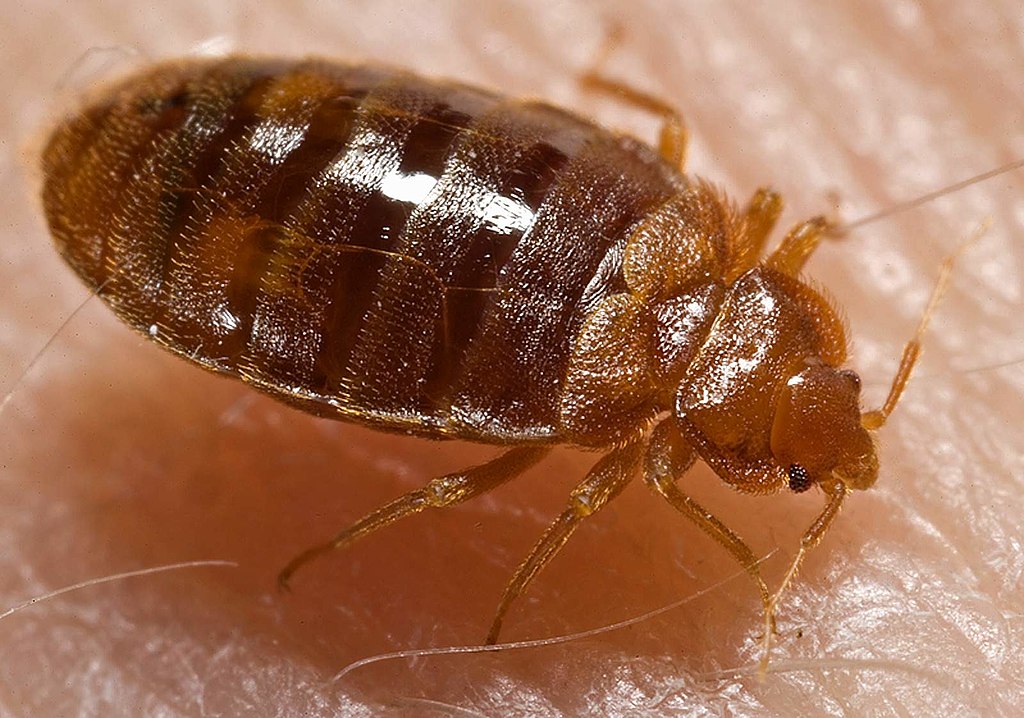Suffering from a bed bug infestation is not a pleasant experience, more so in a property that you are just renting. How do you navigate through this problem? Are you even responsible for it or your landlord? Here’s a quick overview of what needs to be done when you are suffering from bed bugs in a rental property.
1. Notify your landlord immediately
Once you have confirmed that you have bed bugs in the rental property, notify your landlord as soon as possible. The notification is preferably in written format. Tell them about the bed bug infestation, its severity, how it affects you and your family, and how it affects the integrity of the property. And then ask them for a timeline for when they can address the issue.
It’s important to stay calm when notifying your landlord. Yes, bed bugs can be stressful. But if you become aggressive and confrontational, you can aggravate the situation and make coordination to get rid of the infestation ineffective.
2. Look at your lease agreement
Review your lease agreement. Usually, it will have a clause regarding pest infestations. Generally speaking, landlords are responsible for keeping the property livable for tenants. They should be the ones covering the costs of pest control, coordinating with pest control professionals, and executing treatment plans.
However, there may be a part in the clause stating that the tenants are responsible, especially if it can be proven that the tenants’ negligence and irresponsibility are the reasons behind the pest infestation in the first place.
Whatever the case may be, you can always renegotiate and come up with a compromise during pest infestations in rental properties. Withholding rental payments and ending lease contracts peacefully come to mind.

3. Keep a record of all communications
It’s important to write your notification and other communications, so you can keep records and present them as evidence when necessary. Every time you write something to your landlord, make sure to keep a record of it. Communications don’t necessarily have to be literally on paper. Email and other forms of communication that leave a paper trail work too.
4. Involve local authorities if your landlord doesn’t cooperate
It’s important to not be too aggressive and confrontational. But if you feel like your landlord is not cooperating or addressing the problem with urgency, you may want to start involving local authorities.
Local housing authorities and health departments come to mind. Usually, they are the ones who can help you with tenant-landlord disputes. Provide them a copy of all your recorded communications with your landlord.
5. Consider looking for a lawyer who specializes in tenant-landlord law
The bed bugs in your rental property can have serious effects on your health. Bed bugs bite and cause wounds and infections. They can also affect you psychologically because dealing with a pest infestation can be mentally draining. There may also be instances where your landlord is retaliating because of your complaints. They may try to evict you unnecessarily.
When things are getting too serious, you can consider seeking legal help. Tenant-landlord laws can be very complicated, and they vary by state. It’s important to hire lawyers who specialize in these kinds of laws.
6. Wash and dry all fabrics
Even if it turns out that your landlord is responsible and cooperative, you still have a part to play in getting rid of the bed bugs in your rental property. Do everything in your power to fight the infestation yourself to at least help in controlling it a bit. One way to do this is by washing all the fabrics on the property.
You wash not just your bedsheets, blankets, and pillowcases, but also your carpets, curtains, and even the clothes you wear. Contrary to popular belief, bed bugs don’t just live in mattresses. They can live almost anywhere in your home, and fabrics are some of their favorite spots. If your fabrics can take it, use a high-temperature setting in washing and drying. Bed bugs can die when they are exposed to temperatures above 120 degrees Fahrenheit.

7. Vacuum all surfaces
Bed bugs are nasty creatures. They leave bed bug eggs, exoskeletons, and fecal matter around your home. Bed bugs also release pheromones that can leave a musky odor around your rental property. You don’t have to live with the filth these pests leave behind. Clean up.
Pick up your vacuum cleaner and use it on all surfaces possible. Use it on all your furniture, particularly in the corners of bed frames and the edges of the legs of chairs and tables. Use it on your floor, including your carpets, which are great hiding spots for bed bugs. And use it on your walls, including your curtains where bed bugs also tend to hide.
8. Cooperate with pest control professionals
There are ways to get rid of bed bugs using DIY methods or home remedies. But these have very limited effectiveness because bed bugs are resilient pests. You really need to call pest control professionals.
Coordinate with them, so you know what to do before, during, and after the bed bug treatment. You may need to cover sensitive items, declutter, evacuate your family and pets, and inform your neighbors, especially if you live in a multi-unit building such as an apartment or condominium. Just follow the instructions of the pest control professionals, as different pest infestation cases require different preparation methods and treatment plans.
9. Maintain a civil relationship with your landlord
Having a good relationship with your landlord can make the entire experience of dealing with a bed bug infestation much more tolerable. If you approach your landlord in a calm and civil way, they may be more responsive to your complaints and requests. They may also be more open to compromise, such as renegotiating rental payments, splitting pest control costs, and even terminating lease contracts with little to no penalties.
If your approach is too aggressive, your landlord can get back to you by not being too responsive or open to compromise. It may even lead to legal action. And even if you win everything, your relationship with your landlord will be scarred, and staying in the rental property can become awkward and toxic.

